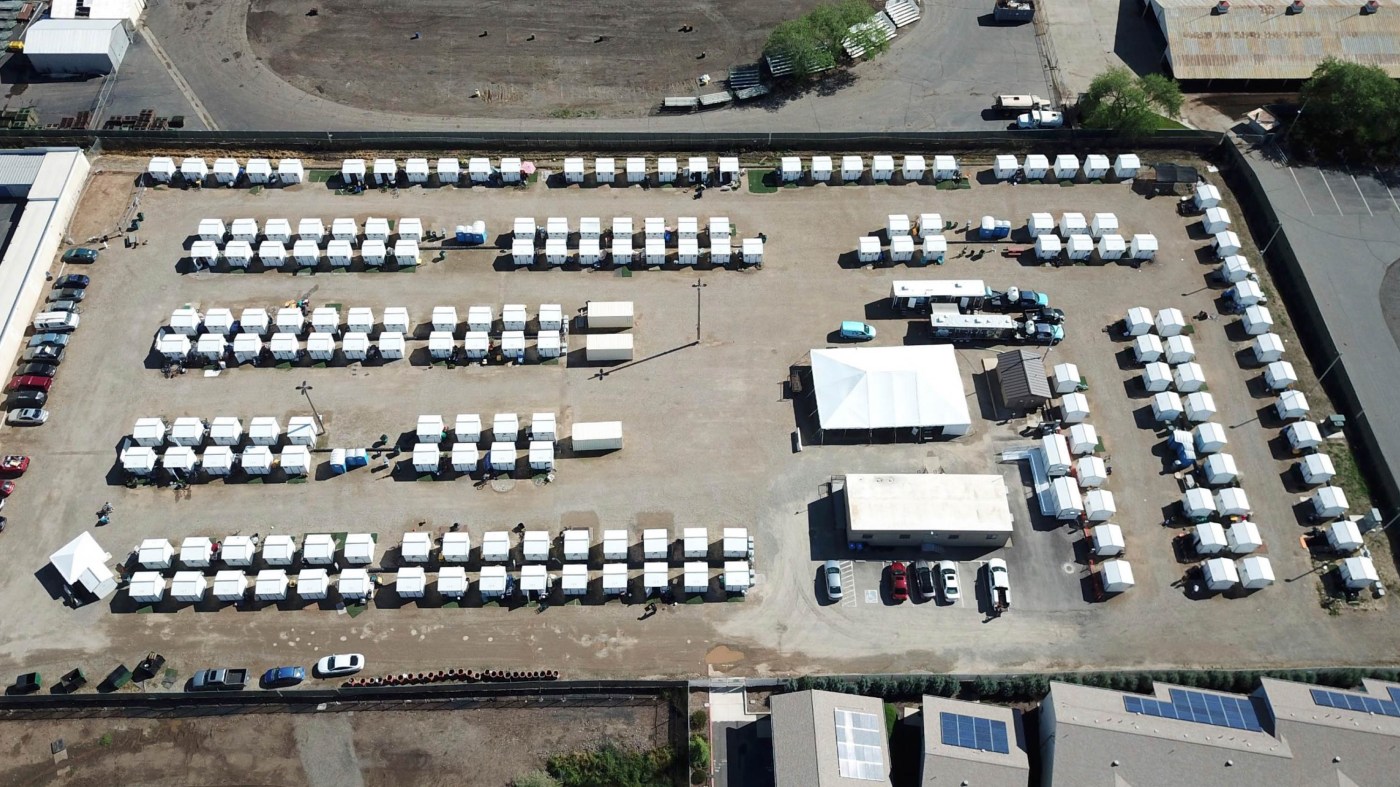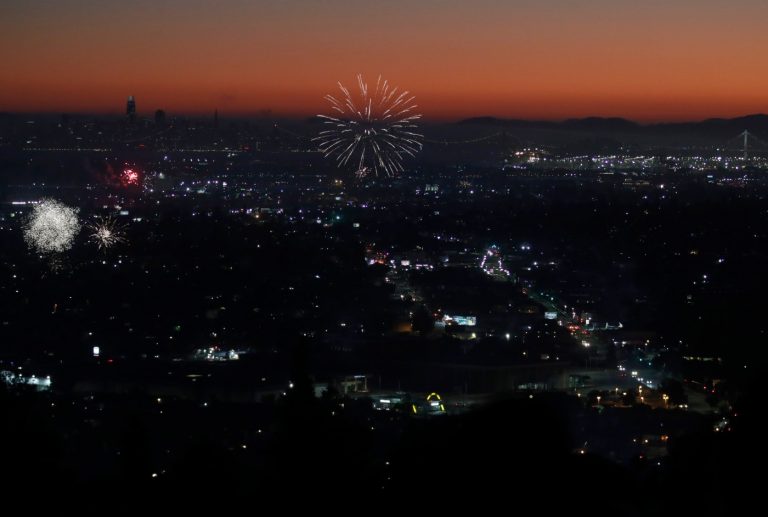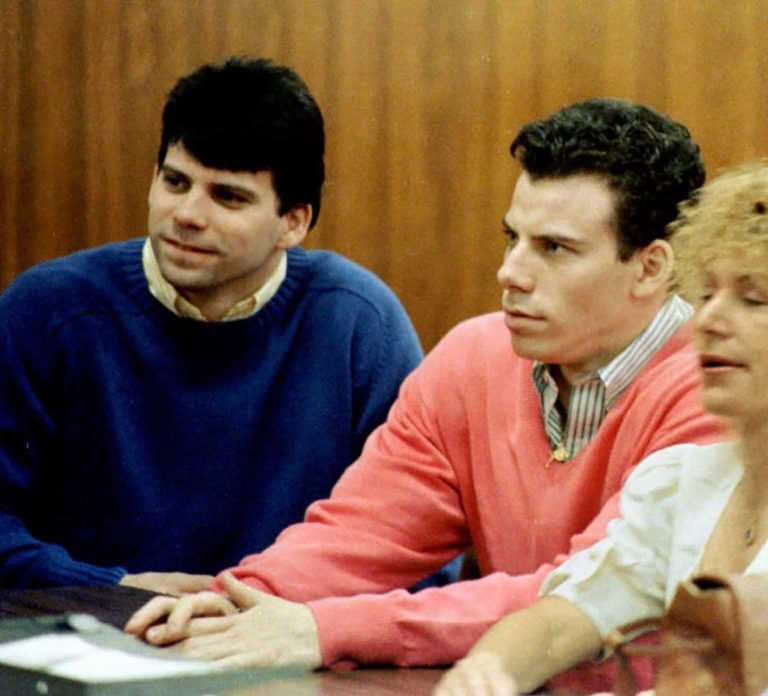CHICO — A court dispute is underway that will affect the future of enforcing anti-camping laws in Chico regarding the current 17-day noticing and shelter referral process required by the settlement agreement in the case of Warren v. Chico.
The agreement, finalized in January 2022, laid out property protection and shelter referral procedures. But the process has been questioned by the city, leaving the matter to a ruling by Judge Dale A. Drozd in the U.S. District Court Eastern District of California.
Earlier this month, Chico filed a motion to exit the settlement by filing for Federal Rule of Civil Procedure 60, stating it should be relieved of enforcement requirements because of Gov. Gavin Newsom’s July 25 order to address camps on public property, and the Supreme Court’s June 28 decision on Grants Pass v. Johnson.
On Tuesday, the plaintiffs’ counsel for the case, Legal Services of Northern California, filed a response to the city’s Rule 60 motion that starkly disagreed with its reasoning to exit the agreement.
Related Articles
City lays out case for exiting Warren v. Chico settlement agreement
More opportunities, but more people in need, throughout Butte County | State of Homelessness
Alternate shelter campsite condensed | Photos
Centralized housing center to be named after Howard Slater of Slater and Son
Residents return to improved alternative camp
A hearing scheduled Oct. 15 was canceled, leaving the ruling up to written arguments at this time. A reply to LSNC from Chico is due by Oct. 4.
LSNC asked the court to deny Chico’s Rule 60 motion claiming the agreement “is working as the parties intended,” as Chico was allowed to continually enforce anti-camping ordinances in a new process before seizing or destroying homeless peoples’ property.
It added that, as a result of that process, the agreement resulted in hundreds of homeless Chico residents moving out of public parks and into indoor shelters, “returning these places to their intended uses.”
“Even though the city spends the majority of its brief complaining the settlement is unworkable, it acknowledges that ‘many previously homeless people now have, and are using safe shelters in Chico’ and that the number of encampments and the amount of people in encampments has reduced since the implementation of the settlement,” LSNC stated.
LSNC stated the amount of trash and debris in the city disposed by homeless camps decreased by more than half from 2022 to 2024; that homeless encampments decreased by nearly half from 2022 to 2024.
It also cited Chico Fire Chief Steve Standridge stating 69 suspected homeless-related fires were started in 2020, while 21 confirmed and seven suspected homeless-related fires were started in 2024.
Arguments
LSNC claims a Rule 60 motion is not appropriate; that Chico should take its matters through an established dispute resolution process written in the agreement.
LSNC asserted that Chico never requested relief from obligations over managing personal property, though it did ask for “limited relief” of pre-enforcement and enforcement procedures to align with local, state and feral laws.
Therefore, LSNC reasoned, the city is actually seeking to modify the agreement, “without going through the steps required for dispute resolution,” and called for a denial of the Rule 60 motion.
The city said in July that it would no longer pursue the dispute resolution process.
Then, LSNC argued the city has not met its burden to justify relief from the settlement — stating that the agreement hasn’t been satisfied, released or discharged.
Among other reasons, it stated there has been no significant changed circumstances that warrant relief, “… and even if there were the city does not establish its proposed modification is suitably tailored.”
The legal firm also argued the city can’t be relieved of property protection requirements, and that if it should be relieved, terms must be tailored to current circumstances.
LSNC claimed the city did not show how the settlement is unworkable “when more homeless people are living in shelter and there are fewer total encampments and these encampments are smaller.”
In its final argument, LSNC said Chico does not meet the burden to show relief is warranted under Rule 60 because “extraordinary circumstances” have not been met.
As an attachment, LSNC cited a paper by the UC Berkeley, San Francisco State and the San Francisco Coalition on Homelessness titled, “Pervasive Penality: How the Criminalization of Poverty Perpetuates Homelessness.”
It also submitted a declaration from Hilary Crosby, executive director of Safe Space Chico, and submitted 77 objections to declarations by City Manager Mark Sorensen, Public Works Director Erik Gustafson, Chico Fire Chief Steve Standridge, Chico police Sgt. Paul Ratto and Jesus Center Director Amber Abney-Bass.













+ There are no comments
Add yours